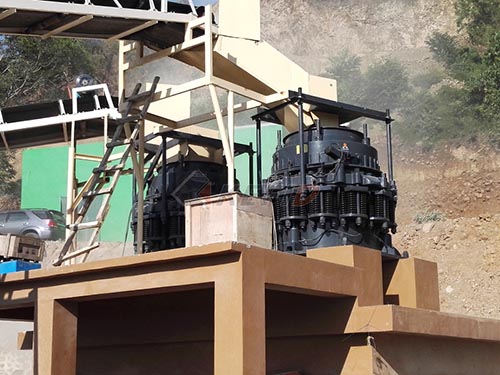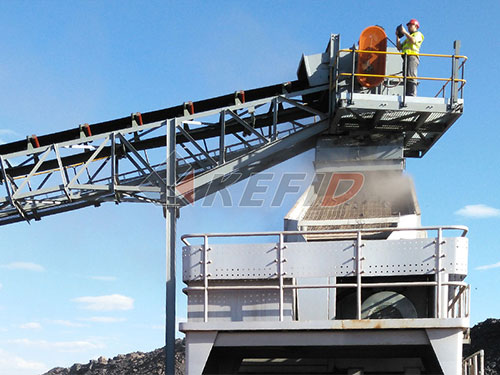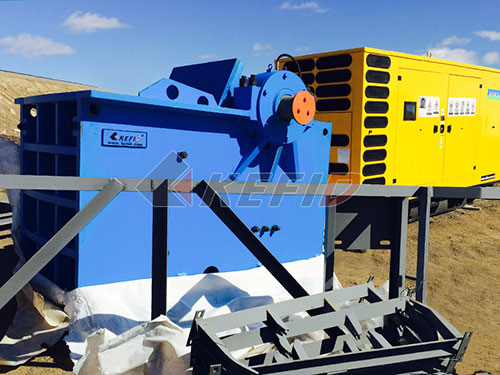Concrete Crushers For Sale
Your Guide to Finding the Right Concrete Crusher for Sale
Concrete, while incredibly durable in its intended use, becomes a significant challenge when structures are demolished or renovated. Mountains of rubble need efficient processing. That's where concrete crushers step in – powerful machines designed to break down this tough material into reusable aggregate. If you're in the market for one, navigating the options can seem daunting. This guide cuts through the noise to help you find the ideal concrete crusher for sale that meets your specific needs.
Understanding Your Crushing Needs: The Starting Point

Before browsing listings, clearly define your requirements:
1. Project Scale & Frequency: Are you tackling a single demolition job, ongoing construction projects, or large-scale recycling operations? This dictates size and capacity needs.
2. Material Characteristics: What's the typical size and hardness of the concrete you'll process? Does it contain significant rebar? Harder concrete or dense rebar requires more robust crushers.
3. Desired Output Size: What size aggregate do you need? Finer material for base layers requires different crushing stages than larger rip-rap.
4. Mobility Requirements: Will you be moving the crusher frequently between sites (requiring a mobile unit), or will it operate primarily at a fixed location (suitable for a stationary plant)?

5. Budget: Prices vary significantly based on type, size, age, and features.
Types of Concrete Crushers Available
The market offers several main types, each with strengths:
1. Jaw Crushers:
How They Work: Use compressive force between a fixed and a moving jaw plate.
Best For: Primary crushing – breaking large chunks (up to several feet) down into smaller pieces (typically 6-10 inches). Excellent for hard materials with rebar.
Output: Relatively coarse aggregate.
Common Configurations: Found in both mobile tracked units and stationary plants.
2. Impact Crushers:
How They Work: Utilize high-speed rotors with hammers/blow bars that throw material against breaker plates or aprons.
Best For: Secondary crushing (after jaw crushers) or primary crushing of less abrasive materials. Excellent at producing more cubical-shaped aggregate, ideal for asphalt or concrete production.
Output: Can produce finer material than jaw crushers in a single pass.
Common Configurations:


